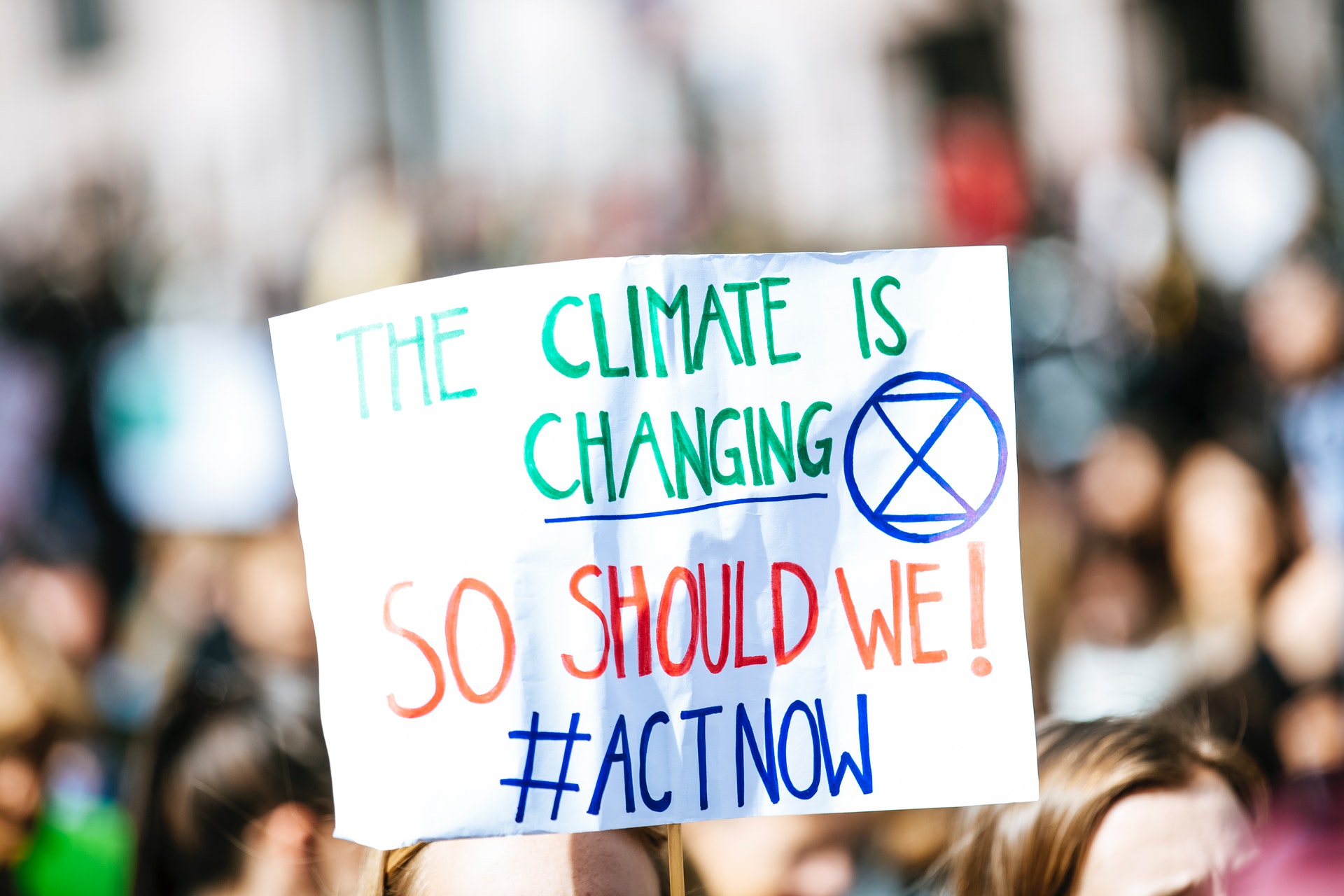
On August 9, the Intergovernmental Panel on Climate Change released a new report, telling us again what should already be quite clear: human actions have caused irreversible changes to our global climate, and many of those changes have already begun causing widespread harm, destruction, and death. In other words, it is too late to prevent climate catastrophe. But the more quickly and decisively we act, the more we can lessen its severity.
It’s a hard message to hear—especially after what has been, for most people, an exhausting and difficult year. The collective longing for normalcy is very strong right now. We need safety; we need rest. Who on earth has energy left to cope with more fear or danger, let alone to act quickly or decisively on it?
But we know the consequences of inaction are dire. The COVID-19 pandemic taught many countries the hard lesson that ignoring a problem doesn’t make it go away. And many parts of Canada are already facing terrible consequences due to inaction on climate change. After shattering Canada’s all-time temperature record, for example, the village of Lytton, B.C., was destroyed by wildfire this summer. Deadly heat and smoke engulfed Western Canada in June and July, keeping people shut up indoors, even as COVID-19 case numbers were declining: one lockdown, then another. More than 500 people died from the heat.
In times like these, who wouldn’t be overwhelmed by anxiety, grief, or exhaustion? These feelings are only aggravated by the fact that, individually, we are clearly helpless in the fight against climate change. Many of the actions that people are encouraged to take—e.g., recycling, reusing shopping bags, or eating less meat—do about as much to stop climate change as one person wearing a mask can do to stop a pandemic. We need collective, political solutions, not individualized ones.
For those of us who aren’t political leaders or CEOs, then, calls to action on climate change are, first and foremost, calls to attention, calls to caring. They are pleas for us not to turn away from the problem, even when we’re overwhelmed and exhausted. With so many demands on our energy and attention, it isn’t easy to confront the enormity of the climate crisis. But, for ourselves and our children, it is important that we try our best to care—and then, because we care, we can demand more from our leaders.
Bold political responses are essential for tackling large-scale problems. But we don’t have the luxury of waiting and hoping for benevolent politicians who are willing to take the necessary actions on their own. We must care enough to demand them, whether that’s by voting, speaking up, contacting representatives, joining organizations, or protesting. Only an engaged public can hold its political leaders accountable and achieve large-scale, collective solutions to global problems.
***
Voting isn’t the only way to demand better from our leaders, but it is one way. The Nova Scotia general election will be held on August 17, 2021. If you’re a resident of Nova Scotia, here’s information on how you can vote and where to vote. If you are eligible to vote, even if you don’t have ID or a Voter Information Card, you can still vote by signing a declaration of eligibility.
Photo by Markus Spiske from Pexels










